Associates
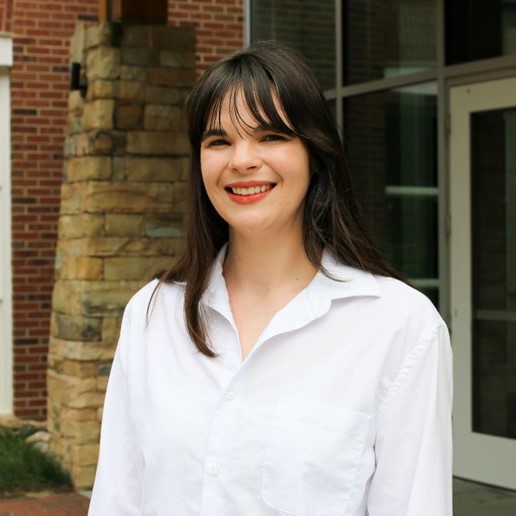
Lauren Albin
United States
Lauren Albin received her Master of Science in space studies with an emphasis in astronomy from American Public University in 2020 and her Master of Fine Arts in creative writing with an emphasis in poetry and literary translation from Arizona State University in 2016. She currently serves as the director of the O. Wayne Rollins Planetarium and as instructor of astronomy at Young Harris College (YHC) located in Young Harris, Georgia, U.S.A. In addition, she oversees the operation and upkeep of the YHC Observatory. In summer 2024, Lauren will work with Putney Student Travel in collaboration with National Geographic as a group leader for high school students in the Engineering and Robotics Program on the MIT Campus. Her co-translation of South Korean poet Kim Hyesoon’s “A Drink of Red Mirror” was published by Action Books in 2019 and she received a grant from the Literary Translation Institute of Korea for her translation of South Korean poet Ra Heeduk’s “The Word that Stained the Leaf”. She is currently collaborating with archeologists at the University of Western North Carolina to visualize the Watauga mound, a sacred archeo-astrological site of the Cherokees, in the Rollins Planetarium. She is invested in using astronomy to make the world a better place.
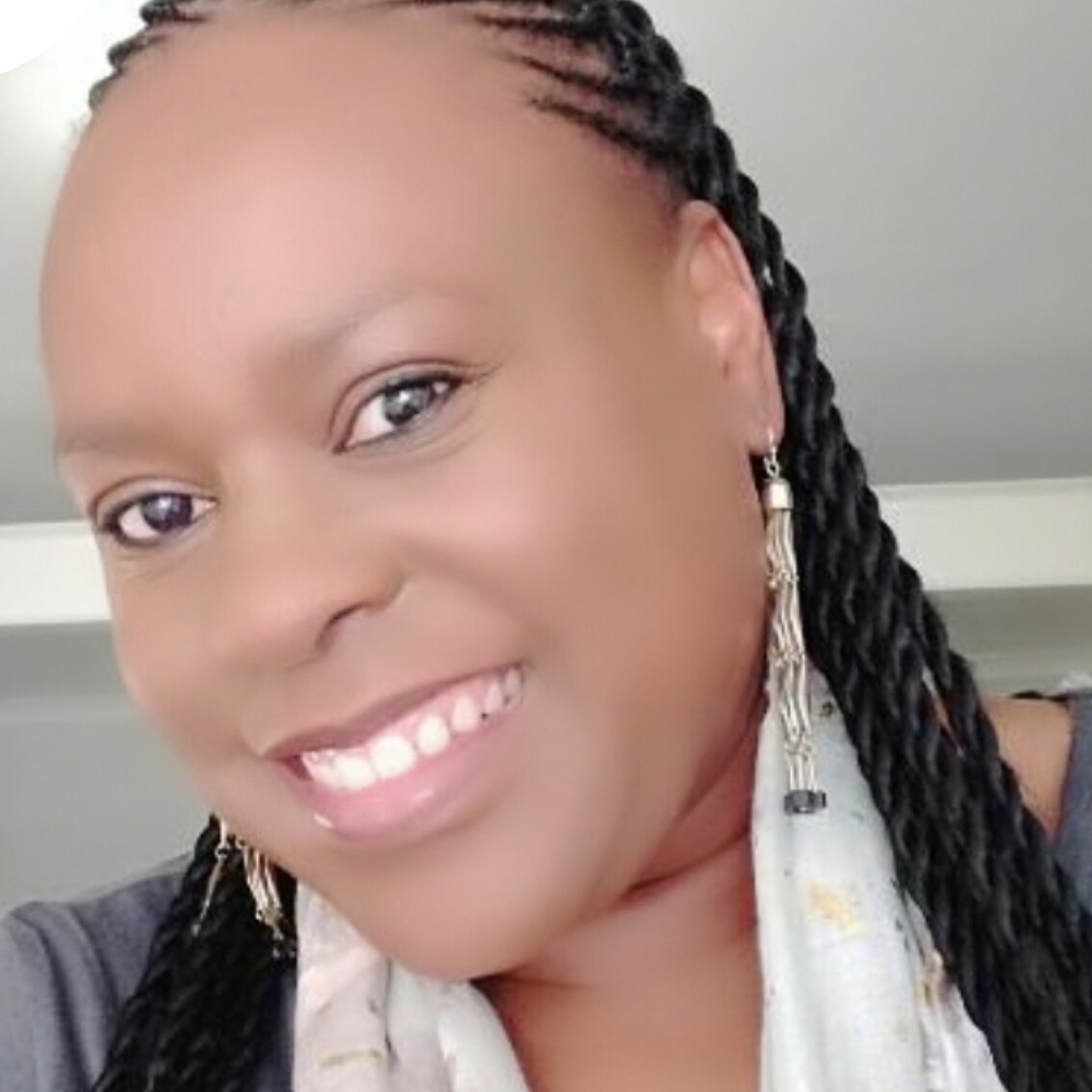
Sisco Auala
Namibia
Sisco Auala is an advocate for the preservation of the dark skies and its Indigenous heritage for sustainable development. She is a researcher at the Namibia University of Science and Technology. Sisco was born in the northern part of Namibia, where at an early age she used to listen to ancient stories from her uncle around the fire and learn about the different constellations. She holds a Ph.D. in community-based tourism development from Nelson Mandela University in South Africa. Her research interests are in dark sky tourism/astro tourism, Indigenous astronomy and community development. She is currently working with Indigenous communities in Namibia to document their astronomical knowledge and to use this knowledge responsibly for sustainable tourism development. She believes that including the diverse cultural perspectives of our understanding of the night sky will provide a holistic interpretation of our universe and pique the curiosity of young minds as they gain interest in studying modern science.
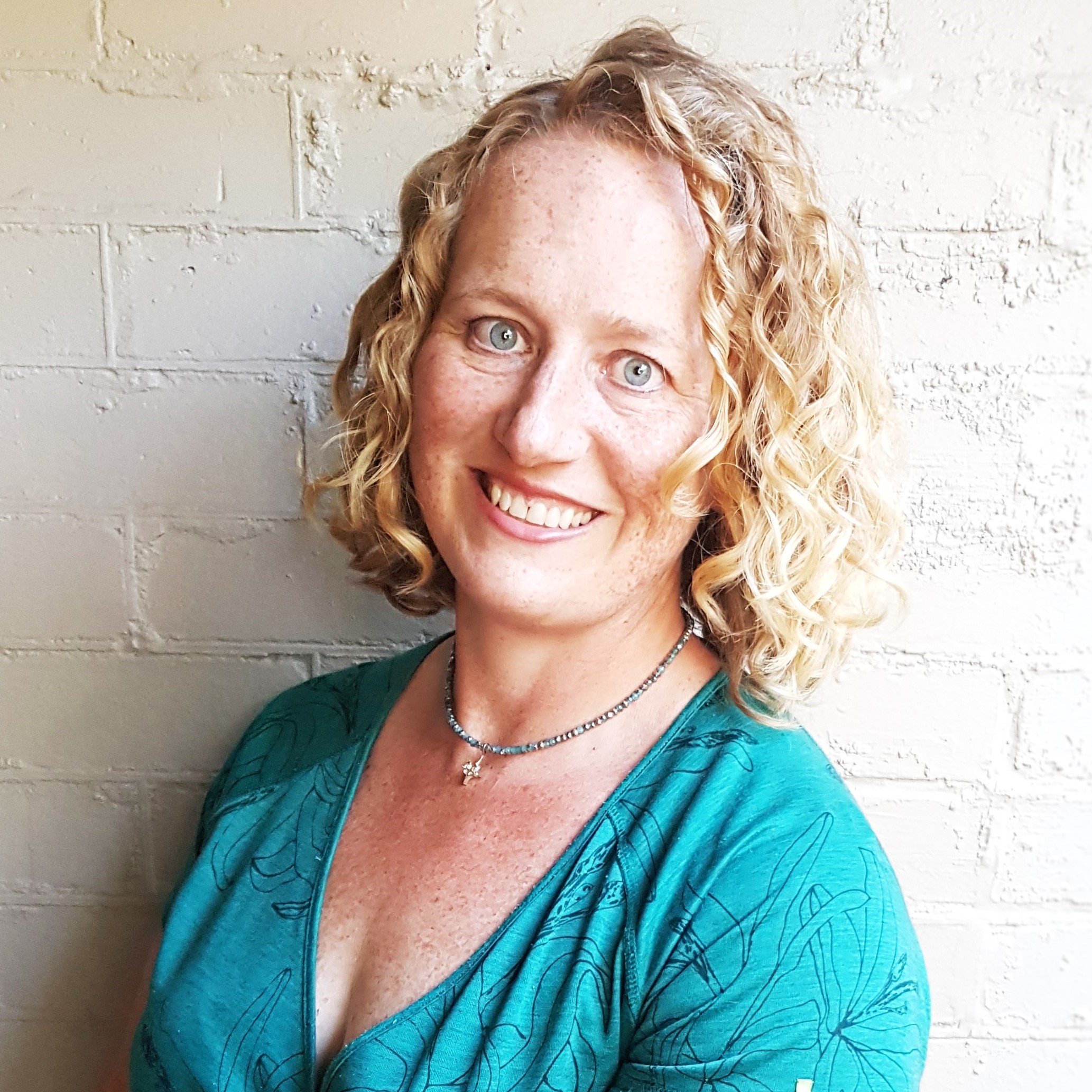
Jackie Bondell
Australia
Jackie Bondell is the senior education and outreach manager for the ARC Centre of Excellence for Dark Matter Particle Physics and the Centre of Excellence for Gravitational Wave Discovery. She focuses on connecting teachers, students and researchers, playing a pivotal role in crafting educational content for outreach programs and tailoring curricula for enhanced school engagement. At the core of Jackie’s strategy is the seamless integration of innovative technology and cutting-edge scientific content into curriculum-aligned education opportunities for students and teachers. With 15 years as a physics instructor in the U.S., earning multiple teaching awards, Jackie brings extensive experience to the field. Jackie’s collaborative and dynamic approach positions her as a valuable resource for educators seeking to enhance teaching methods, connect with the latest in science research and create impactful learning experiences for students.
In her leadership roles, Jackie chairs the Education and Outreach Chapter Steering Committee for the Astronomical Society of Australia. Additionally, she serves as the national astronomy education coordinator, representing Australia to the Office of Astronomy for Education within the International Astronomy Union. Moreover, she represents Australia to the International Particle Physics Outreach Group.

Stephen Case
United States
Stephen Case is a professor, historian of astronomy and writer with over 10 years of experience as a planetarium director and 15 years of experience teaching astronomy at the college level. His writings have appeared in The Planetarian, Physics Today, American Scientist, Aeon Magazine, Journal for the History of Astronomy, and elsewhere. He is the author of “Making Stars Physical: The Astronomy of Sir John Herschel“ and “Creatures of Reason: John Herschel and the Invention of Science” (forthcoming), co-editor of the “Cambridge Companion to John Herschel”, and is currently at work on a cultural history of astronomy for Reaktion Books. Steve is an ACEAP ambassador, taught in Italy as a teaching ambassador for the International Planetarium Society, is a member of the History of Science Society, and worked as a research assistant at the Adler Planetarium. He holds an Master of Arts in physics from the University of Mississippi and a Ph.D. in the history and philosophy of science from the University of Notre Dame, where he helps coordinate biennial history of astronomy workshops. In the summer of 2024, he organized a day-long public conference on Herschel’s influence with the Herschel Society at the Bath Royal Literary and Scientific Institute and presented at the Royal Society in London.
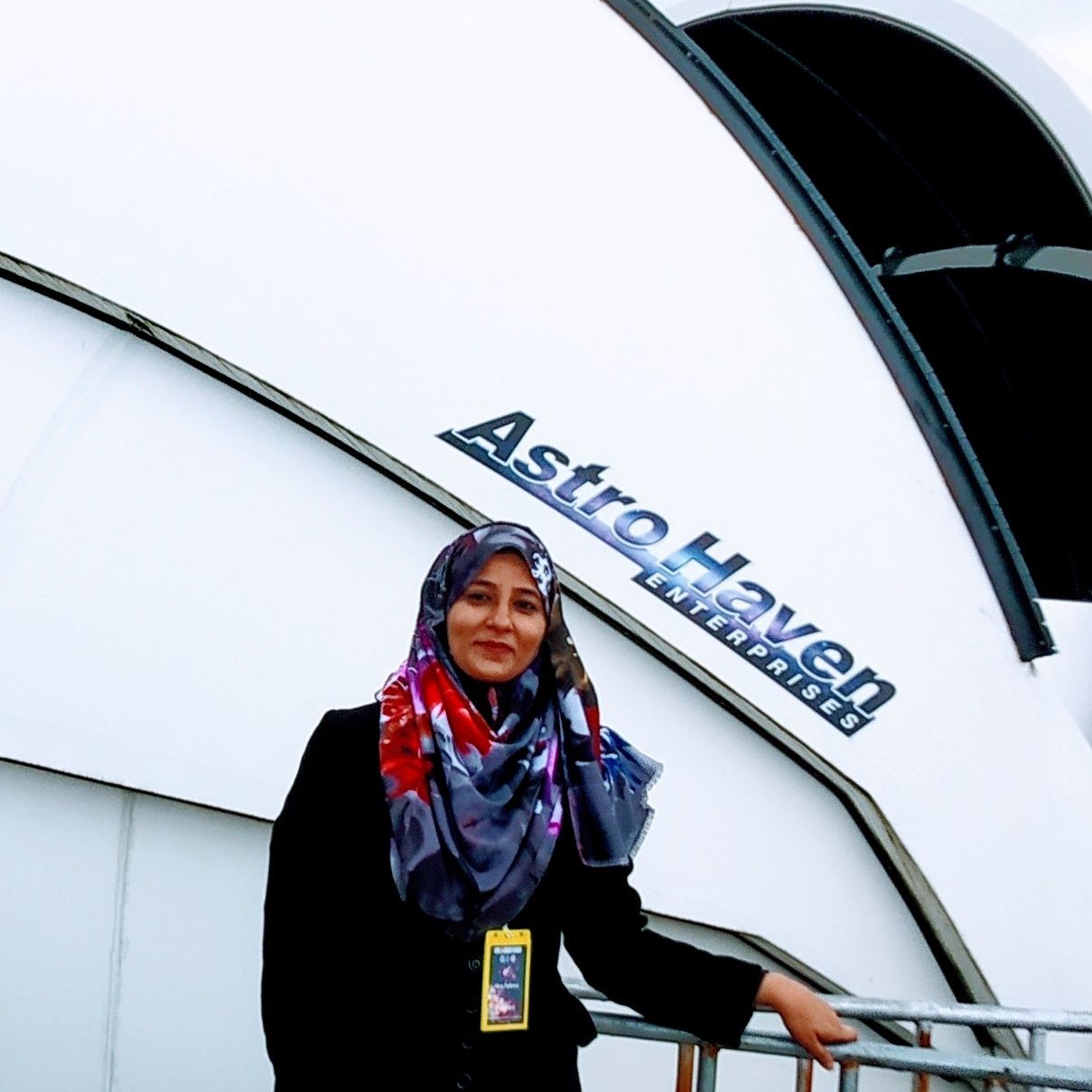
Hira Fatima
Pakistan
Hira Fatima currently holds the position of research associate at the National Center for Big Data and Cloud Computing. She is pursuing a Ph.D. and has previously obtained a Master of Philosphy in astrophysics from University of Karachi. Her research expertise spans star clusters, Milky Way structure and evolution. She served at the Institute of Space Science and Technology, assuming various roles.
Hira proudly serves as the national astronomy education coordinator for Pakistan at the IAU Office of Astronomy for Education and as the national coordinator for Pakistan at Astronomers Without Borders. She also holds position of an approved teacher for the International Astronomy and Astrophysics Competition. She spearheads various projects supported by the IAU Office of Astronomy for Education, IAU Office of Astronomy for Development and Royal Astronomical Society.
Hira is a founding member of the NED Astronomical Society. Her contributions have been recognized with the distinction of being a Royal Astronomical Society fellow and member of European Astronomical Society. Her role as a LCO Global Sky partner and member of the Education and Outreach Team of Radio Galaxy Zoo highlights her deep commitment to astronomy education. This dedication is further showcased through her organization of numerous astronomy STEAM workshops, tailored to engage a wide spectrum of participants, from school students to educators.
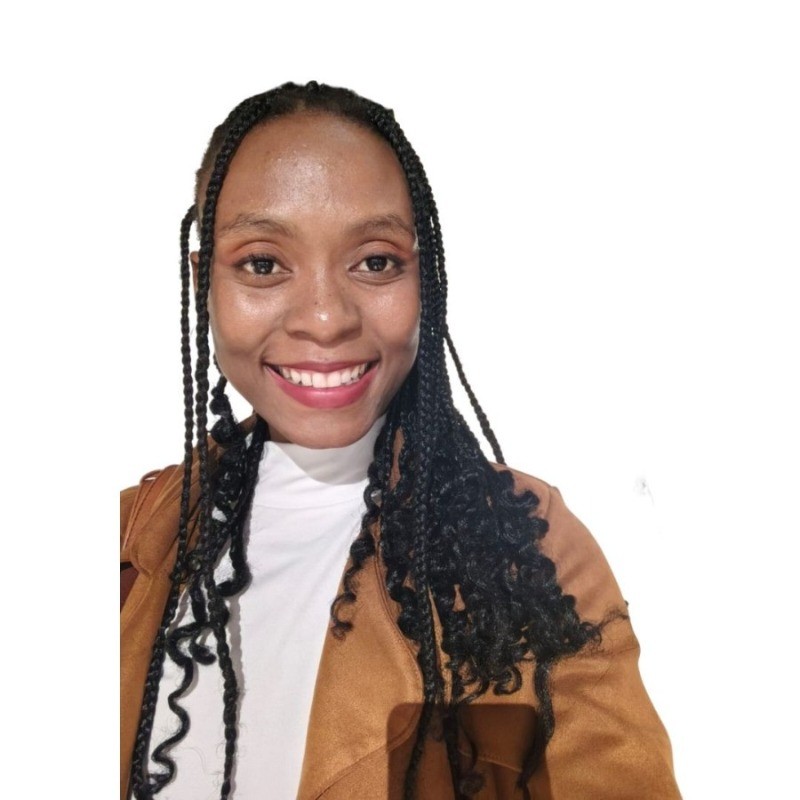
Duduzile Kubheka
South Africa
Duduzile Kubheka holds the position of BRICS Astronomy project coordinator, with her work base located at the South African Astronomical Observatory (SAAO). In her capacity, she is primarily responsible for coordinating BRICS Astronomy initiatives, including the oversight of the flagship project, the BRICS Intelligent Telescope and Data Network (BITDN), and leading the planning and execution of activities aimed at societal benefits. Additionally, Duduzile serves as the co-chair for the Outreach and Education Committee of the African Astronomical Society (AfAS), which is instrumental in implementing various astronomy outreach and educational endeavours throughout Africa. Currently, she is pursuing an Master of Philosophy in Science and Technology Studies (Science and Public Engagement) at Stellenbosch University, Centre for Research on Evaluation, Science and Technology (CREST).
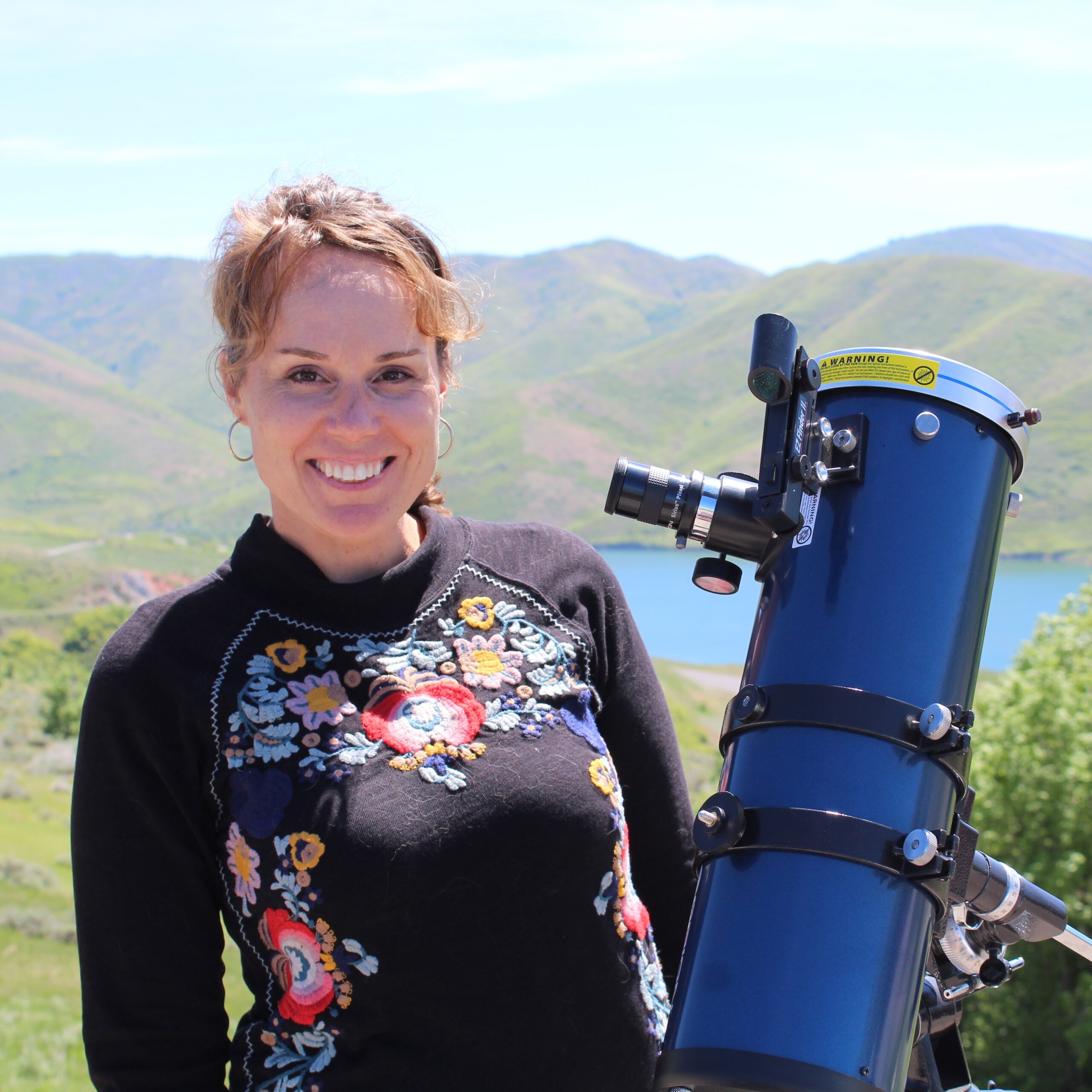
Emily Lehnardt
United States
Emily Lehnardt first “gravitated” towards the exciting world of astronomy during a high school lecture about black holes. From that moment, she has actively pursued anything space related. She is the former director of the Utah Women Astronomical Society, which focuses on STEM and astronomy outreach. Her love of knowledge, exploration and space is contagious, and, for her indefatigable talent for teaching, Emily is a two-time award-winning educator. Currently, she is pursuing a Ph.D. in science education with a research interest in astronomy and STEM. Additionally, she is collaborating with Clark Planetarium to create robust astronomy curriculum for rural communities. Emily loves to travel and share her passion about astronomy with others.
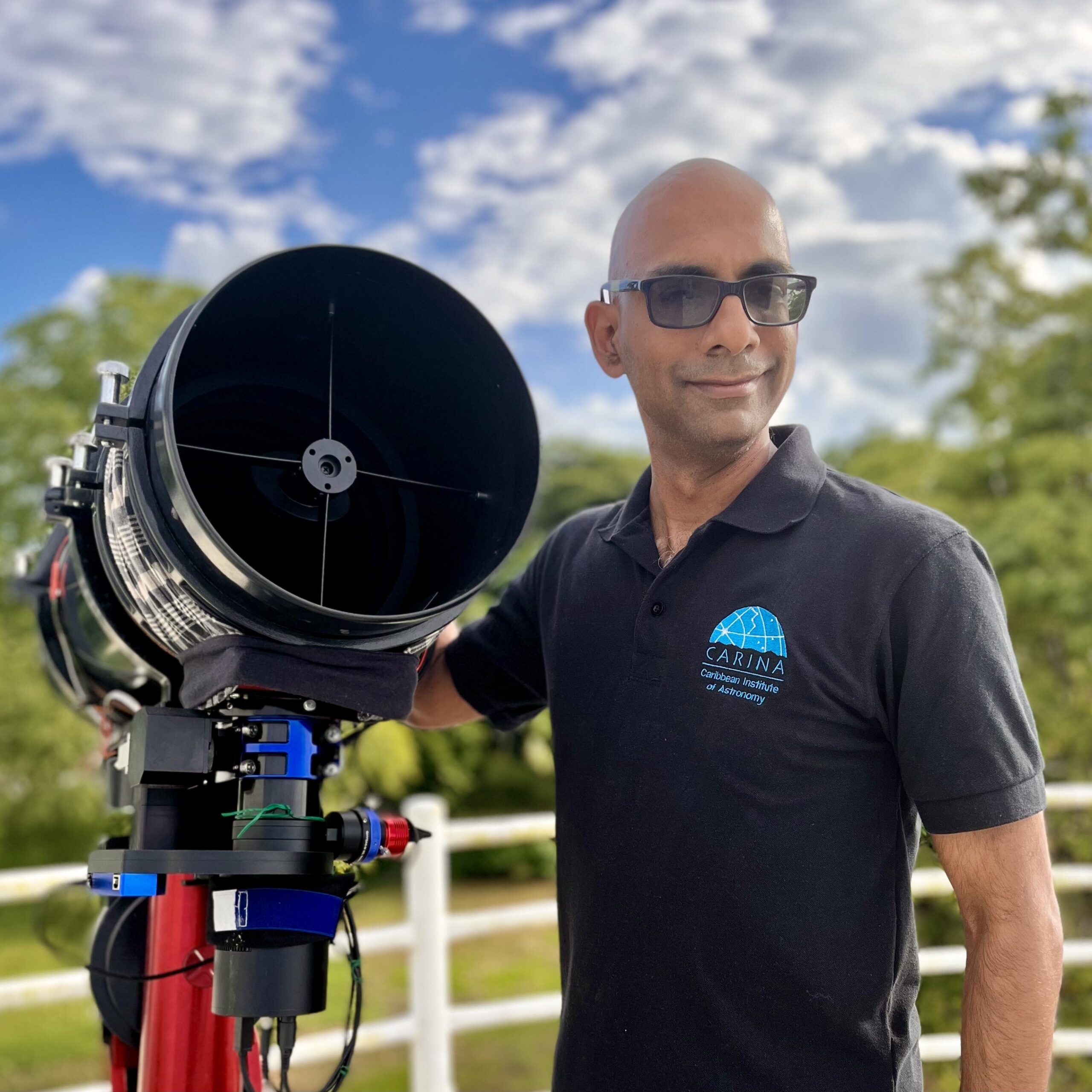
Isa Mohammed
Trinidad and Tobago
Isa Mohammed is an amateur astronomer, engineer and entrepreneur residing in Trinidad and Tobago. He is the current president of the Caribbean Institute of Astronomy, the Trinidad and Tobago National Coordinator for Astronomers Without Borders, an advisory board member of the North American Regional Office for Astronomy Development, and an ACEAP astro-ambassador. Apart from his work in astronomy outreach and education, he is also an avid astrophotographer. Isa is a director and sales manager at Eniath’s Printing Company Limited, founder of Corvus Trading ltd., and chairman of the Project600 Committee. He holds a Bachelor of Science in electrical and computer engineering. When he’s not tending to his business or doing outreach, he can usually be found behind a telescope, fishing or playing board games with his wife and three sons.
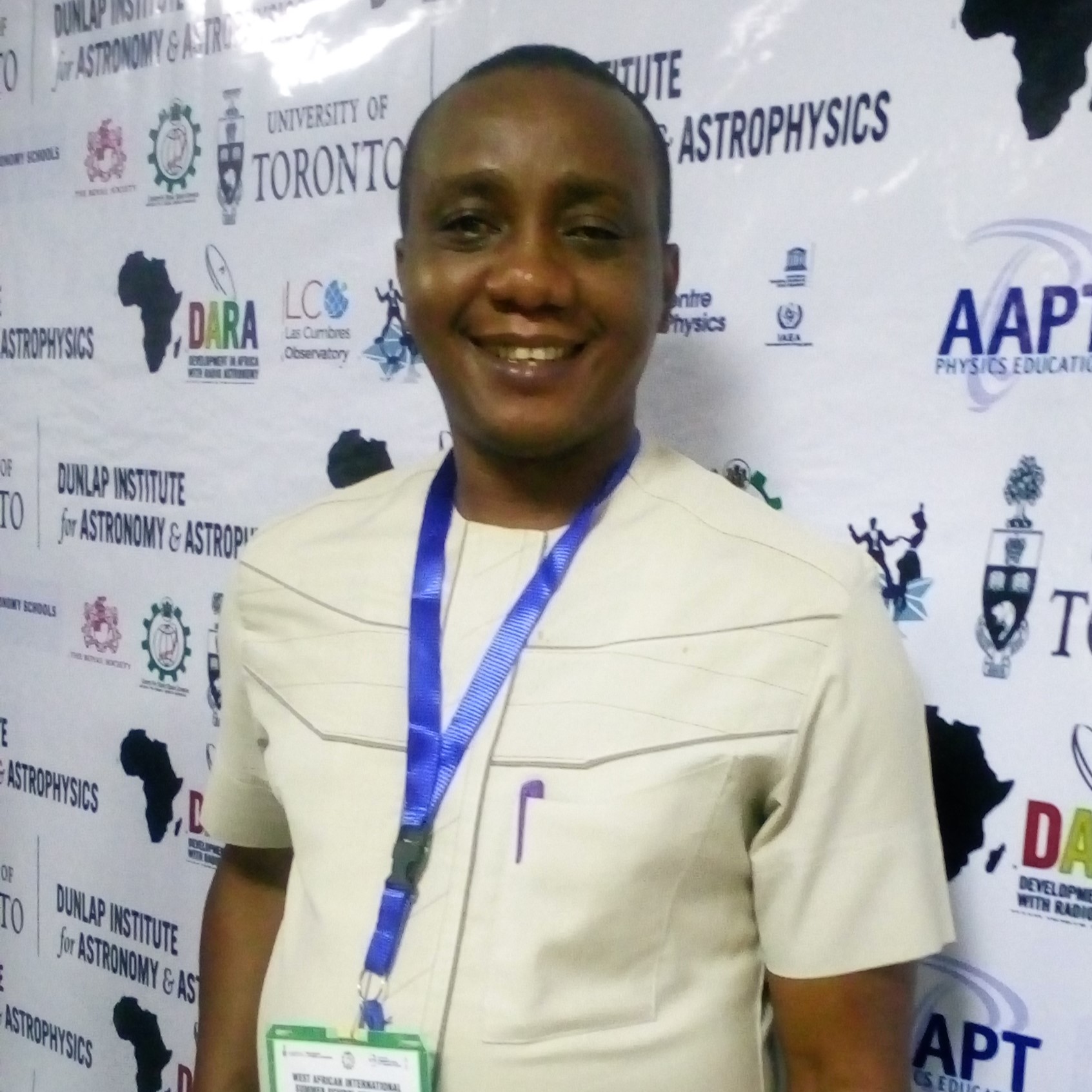
Chukwujekwu Nworah Ofodum
Nigeria
Chukwujekwu Nworah Ofodum, Ph.D., is an assistant director at the Centre for Basic Space Science and Astronomy, Nigeria. As a researcher with a Bachelor of Science (physics and industrial physics) as well as a Master of Science and Ph.D. (astrophysics), he has published many articles in reputable peer-reviewed journals. With a PGD and MBA in marketing and with a strong interest in communicating/marketing astronomy for the benefit of mankind, he has served as a member of the Scientific Organizing Committee as well as an instructor for the Pan-African School for Emerging Astronomers (PASEA) from its inception in 2013 to present. Together with his team, they have grown PASEA from a regional (West-African) project at inception to a continental project. Again, he belongs to numerous professional bodies, including the Astronomical Society of Nigeria (ASN) and African Astronomical Society (AfAS), among others. Explicitly, he has been serving as the secretary of the Scientific Organizing Committee for the ASN from 2017 to present; in addition to serving presently as a member of the AfAS’ Membership Committee. Since 2013, he has worked for the Office of Astronomy for Development (OAD) as a member of its Task-Force Two (Astronomy for School) as well as a member of its Proposal Review Panel.
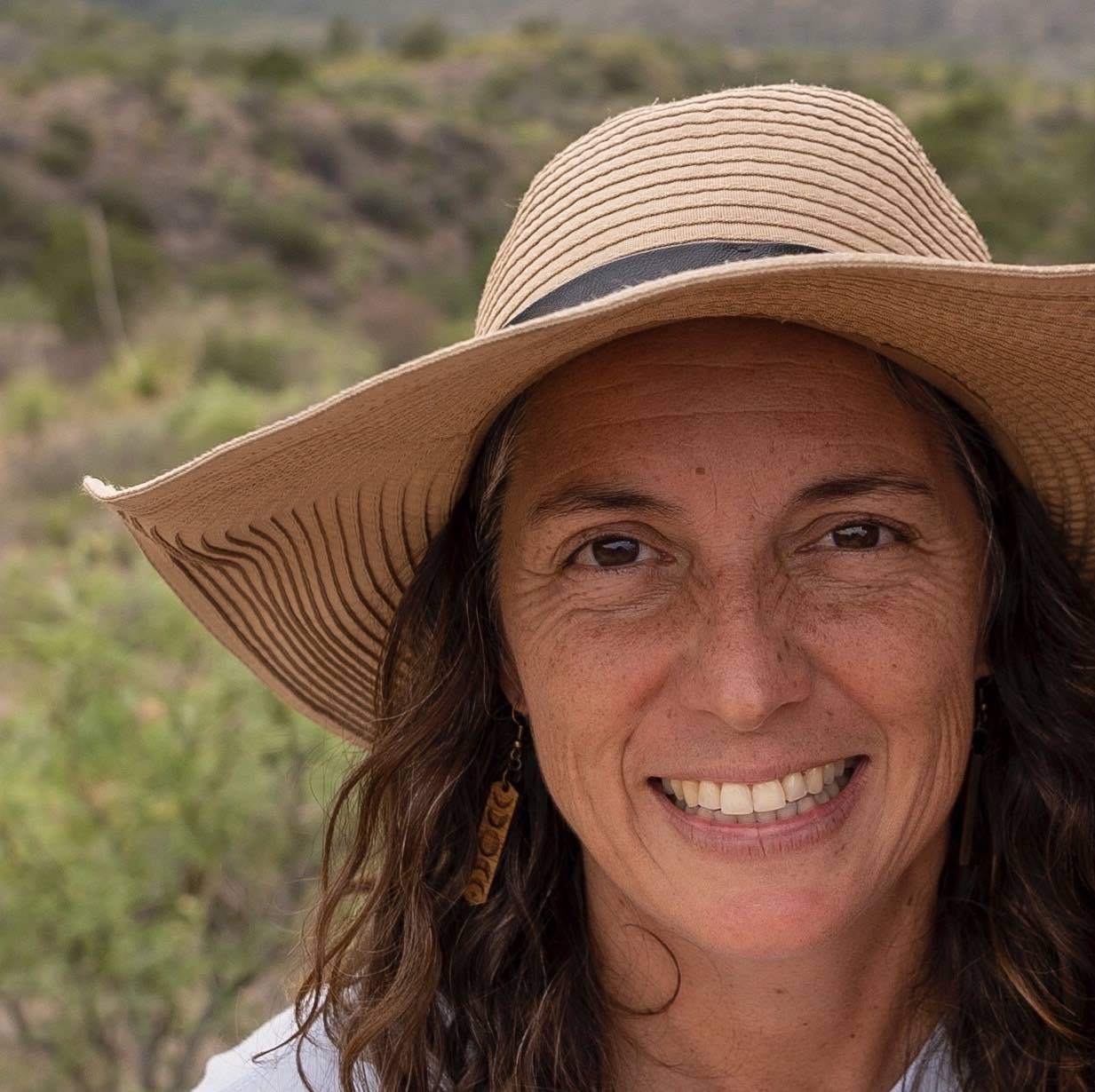
Amy Paredes
United States
Amy Paredes is the executive director of Starry Sky Project. Starry Sky Project connects people with the cosmos through experiential, night sky education and protects the night sky through research and conservation. She has 20 years of collected experience in astronomy education, informal science education, nature-based outdoor education, dark sky education and conservation and light pollution research. Prior to her role as executive director, Amy has provided opportunities for kids and adults to learn about the night sky in a nurturing, small outdoor classroom environment through her business Starr Sky Austin. Amy has collaborated with organizations to provide astronomy and dark sky education to Central Texas, such as Travis County Parks Reimers Observatory, the University of Texas Informal Classes program, the Austin Independent School District, the University of Texas McDonald Observatory, Girl Scouts of Central Texas and Dark Sky Texas.
Amy is a volunteer and past board member of Dark Sky Texas. In 2017, Amy became an ambassador for NoirLab’s Astronomy in Chile Educator Ambassador Program (ACEAP) and released her first children’s book written to inspire children to learn about the night sky, “Cassandra and the Night Sky”. Amy holds a Bachelor of Physics from the University of Houston, a Master of Science in teaching from Rice University and a Master of Science in geography from Texas State University.

Eugene Tetteh-Owusu Okwei
United Kingdom
Eugene Tetteh-Owusu Okwei is an experienced science lecturer and educator. Eugene received his Ph.D. in physics and astronomy from the University of Leeds; master’s degree in science education from the University of Education, Winneba, Ghana; Postgraduate Diploma in science education; and a Bachelor of Science in physics from the University of Cape Coast, Ghana.
Eugene’s research interests are physics education research (PER) and astronomy education research (AER). He is a fellow of the Royal Astronomical Society (FRAS), a member of the Institute of Physics (MInstP), a member of the National Astronomy Education Coordinator (NAEC) team in Ghana, and possesses an U.K. Qualified Teacher Status (QTS).
His master’s thesis focused on using astronomical models to improve students’ attitudes and achievements in physics. Eugene’s doctoral research work focused on the impact of large-scale radio astronomy projects on students’ engagement with physics in Ghana. National and international investment in large radio astronomy projects — such as the Leeds Development in Africa with Radio Astronomy (DARA) project, the African VLBI Network and the Square Kilometre Array — have the potential to inspire the next generation of scientists and engineers in the participating African countries.
Eugene has served on many institutional and national committees. He was one of the postgraduate trainees who successfully completed the radio astronomy training program in Ghana by the Royal Society, U.K./Ghana Space Science and Technology Institute (GSSTI), SKA, South Africa (Cohort 1). Eugene was the founder and patron of the Astronomy Club at Komenda College of Education, where he taught. As the founder and chief patron of the Astronomy Club at his college, Eugene worked tirelessly to enrich students’ knowledge on fundamentals of astronomy, physics concepts and general space science/astronomy concepts. After finishing his Bachelor of Science in physics, he worked as a research assistant/teaching assistant in the Department of Physics at the University of Cape Coast. He was a national treasurer of the Physics Students Association of Ghana (PHYSAG) in 2005. He has also served as an outreach team member of the Promoting Radio Astronomy in Ghana through School visits and Astronomy Clubs (PRAGSAC) and as a STEM ambassador.
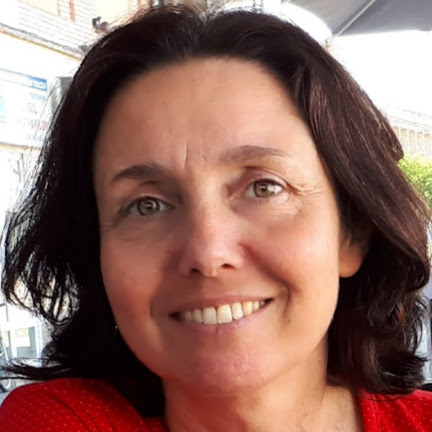
Ayelet Weizman
Israel
Ayelet Weizman is a space educator living in Israel. Her academic background combines science and technology with education. After completing her Ph.D. in planetary sciences about the thermal evolution of Mars, she specialised in the field of science education and educational technology during three post-docs, one of them at MSU. She served as vice president of education at SpaceIL during the development of the Israeli spacecraft Bereshit1.
She is currently a lecturer at the M.Ed. in Ed.Tech. program at Kibbutzim College of Education, leading a track that focuses on innovative technology in education (like AI, robots and VR), using space as a context for the advancement of 21st-century skills and competencies. As part of this track students engage in action research. Some of them choose to study aspects of space education in various grade levels, while others focus on innovative technologies in teaching and learning. Ayelet’s research interests include space education, computational thinking and teacher education. She is active in several international organisations, including chairing the Israeli NAEC team, and participating in the Space Education and Outreach Committee (SEOC) of IAF.
